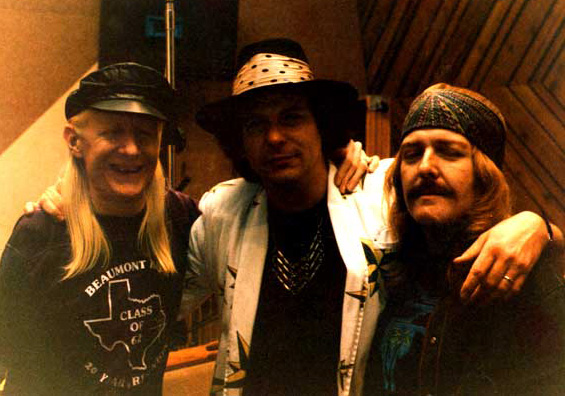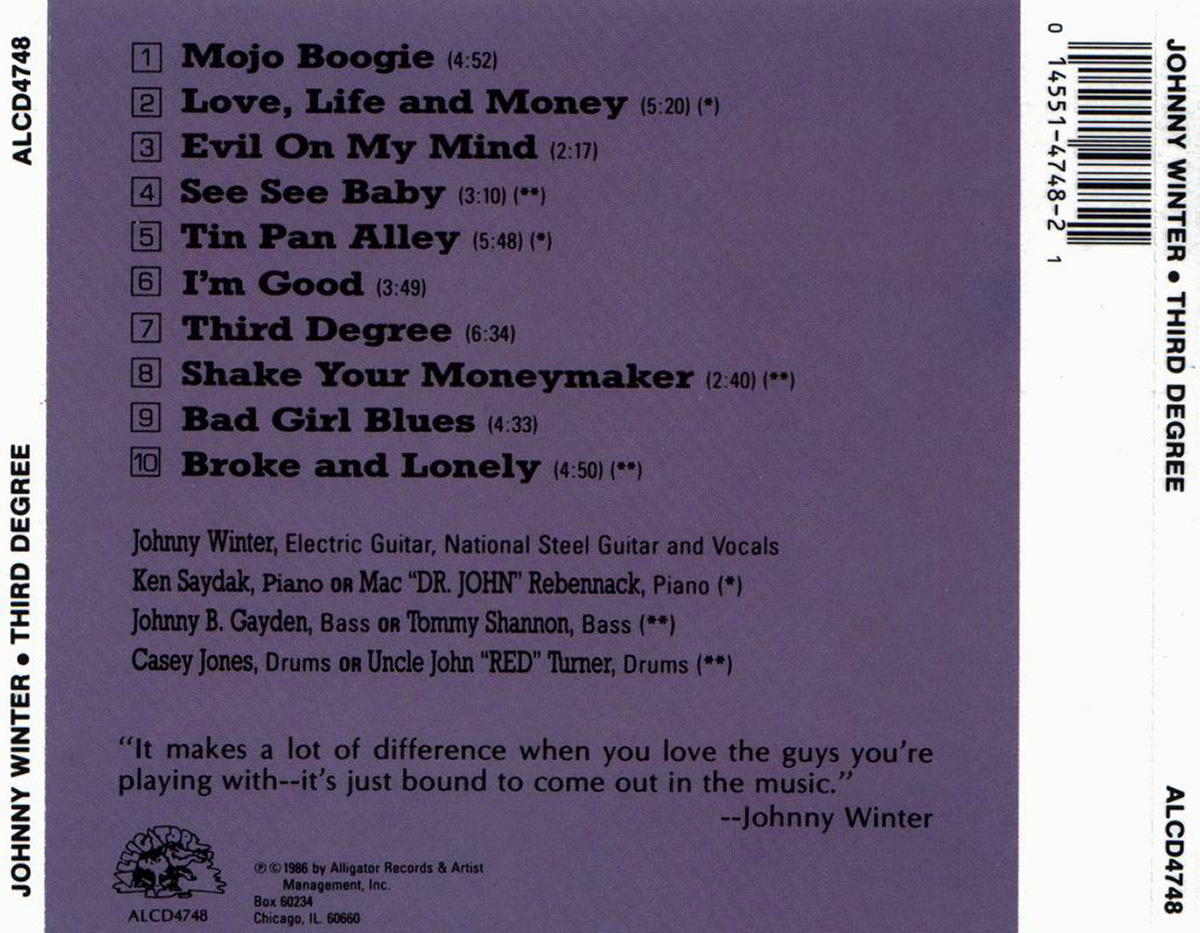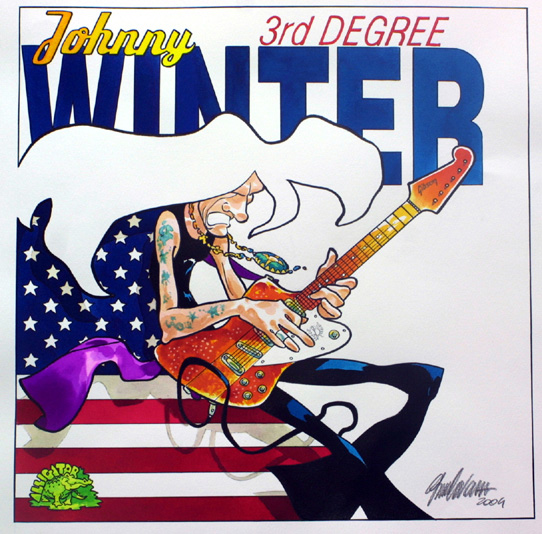Johnny Winter remains one of the most dazzling figures in the American blues scene. As Rolling Stone once famously described: “… a 130-pound, cross-eyed albino with long, flowing hair who plays the smoothest guitar you’ve ever heard.” Up until now, 15 albums have showcased Winter’s ability “with sensitive feeling and great empathy to interpret Black blues as a white man.” With 3rd Degree, the blues hero presents his 16th production.
On all ten tracks, Winter shines with an irresistible blend of earthy blues-rock feel and phenomenal guitar craftsmanship. 3rd Degree is a typical Johnny Winter album from the first to the last note, with recordings that carry the atmosphere of a jam session—raw, unadulterated, and alive.
Born in Leland, Mississippi, on 23 February 1944, Winter was already playing his first gigs on local stages by the age of 14. With his brother Edgar, he formed the band “Johnny and The Jammers,” touring through Texas clubs. “It was fantastic,” Johnny recalls, “we won a talent show one after the other…” In addition to the musicians’ enthusiasm, the band also secured a recording contract. The “Dart” label released their single “School Day Blues” in 1959.
For Johnny Winter, even back then, it wasn’t easy to coordinate his commitments and those of the “Jammers”—getting all the band members together for studio gigs. If he had the time, he’d always sit down with blues greats like B.B. King or Bobby “Blue” Bland to exchange ideas and expertise.
Johnny didn’t just play the blues, though. With numerous formations of the “Jammers,” he toured the southern United States, playing everything from bubblegum pop to cocktail jazz. Blues was always a staple of his repertoire, among many others. He recorded singles for several small record labels during this time, but the lack of significant commercial success limited his exposure to occasional airplay on local radio stations.
In the early 1960s, after a brief stay in Chicago, Johnny Winter contracted a virus, which seemingly pulled him back onto the path of the blues. He threw everything else overboard and focused on what was essential. Before long, his breakthrough came, much like in a fairy tale: Johnny Winter delivered a superb blues concert, and shortly thereafter, a critic from the legendary Rolling Stone magazine discovered him.
Source & Full German Article:



